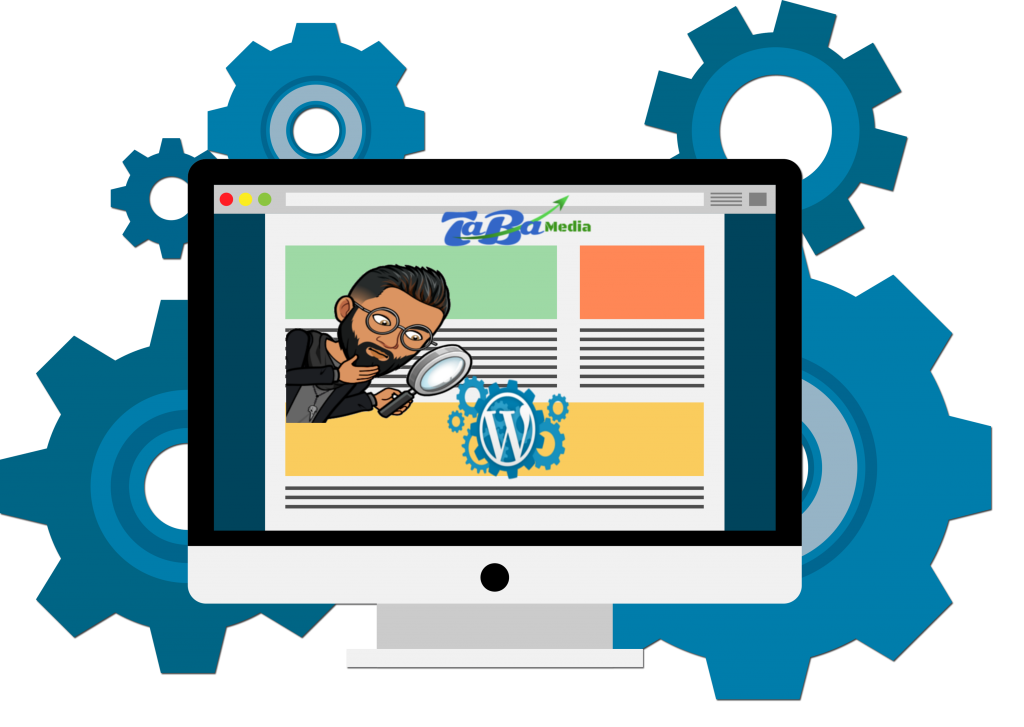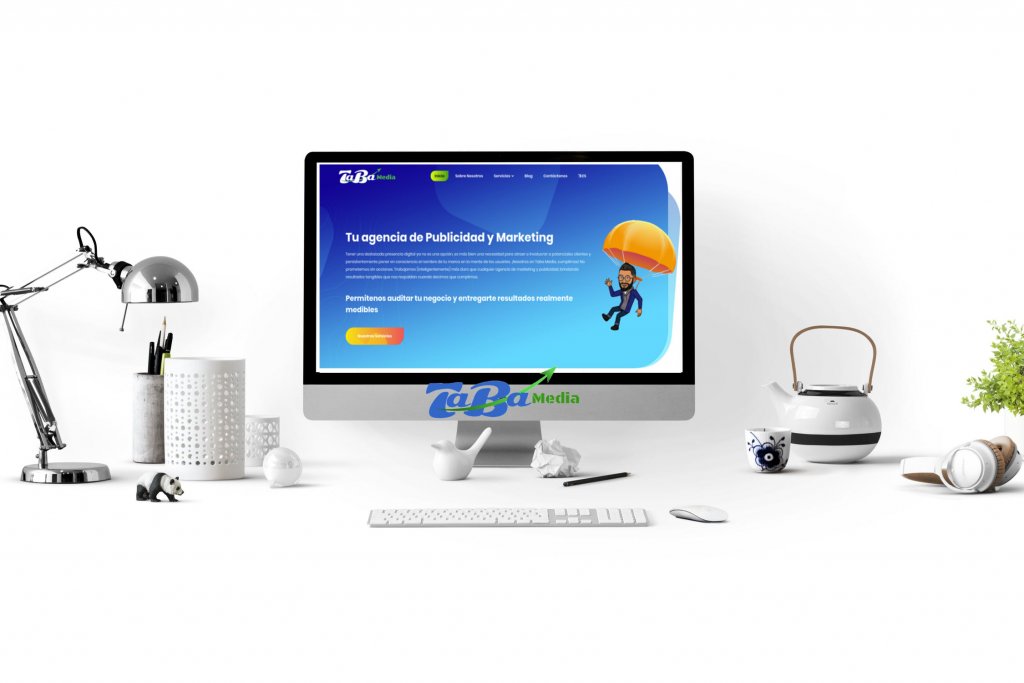Wordpress is the most popular CMS for being widely and heavily used to build websites. In fact, about 30% of the websites that exist on the Internet are built on Wordpress. The popularity of this great CMS goes beyond belief.
It was built as a blogging platform in the beginning but kept progressing thanks to designers and developers from different walks of the tech globe that contribute with their pinch of value by creating plugins, widgets and premium design themes that make Wordpress more functional and easier to transform from a blog aspect to a website. The flip side of the coin though is that this open-source aspect of Wordpress and the ability to integrate with external plugins and widgets slow down websites’ performance big time. In fact, the major performance issues that most Wordpress sites face are the slow response caused majorly by the plugins and widgets that call different servers to ping back a response.
Is Wordpress really good for a dynamic website?

6 Reasons Why WordPress is not good for Dynamic Websites
1. Designs
There is a templates marketplace in WordPress to buy premium templates/themes, and other big contributor platforms such as Themeforest aka Envatomarket and Template monster offer a seems-to-be-endless list of nice themes. There are some nicely designed themes that attract interests but no matter how nice the design looks the functionality of the themes comes with the price of limitation. You are limited in customizing the theme with own identity unless you hire a developer.
2. Functionalities
As we shed the light at the beginning of this article, the functionality on Wordpress is quite plain and straightforward. It’s all at the tip of a click of a button to install plugins from the marketplace and any functionality is up and running in a matter of minutes. It all comes with a heavy price though – slowness. The websites get really slow when integrating plugins. Moreover, Plugins often cross with incompatibility with others and they easily crush websites. If you are not techie the chances are that you will get nervous and clap some extra costs to hire a developer to fix an issue that may take 5 or fewer minutes to fix.
3. Frequent upgrades
The frequent update of Wordpress is a reality that website owners using it have to live with. Being an open-source makes it at the gate of upgrades every now and then. Wordpress runs updates at least 30 times a year. Yes, up to 30 times and that’s no exaggeration. See this list of Wordpress updates and look at how many times they had to update, run maintenance, or beta test in 2019. That's too much actually! You need to always worry about if an update goes wrong, always keep extra costs ready for if something unpleasant happens and need immediate fixing.
4. Security and Safety
A widely used open-source CMS like Wordpress is, unfortunately, an attractive aim for constant malicious hacking and spamming attempts. Imagine running a website with hundreds of thousands of users and all their data gets leaked! If you want to run a serious business that stands on credibility and trust, then Wordpress may not be the wisest choice and your brand may be in serious jeopardy to hacking.
5. SEO issues
Every open source claims itself to be SEO friendly and Wordpress is no exception here. There are some amazing SEO plugins that help you optimize your WP content and make it crawlable by search engines but again you have to integrate plugins which will slow your website’s loading and the speed is a big factor for both SEO and user experience (UX).
6. Slow page loading
We mentioned many factors above that contribute to slowing the performance of a Wordpress-based website and we can add more bullets like big databases, big images, incompatibility with hosting providers, heavily coded templates, unreliable CDNs that require integrating plugins to function and many more! Ranking high in Google is hard with a slow website.
Conclusion
We can’t deny the success of Wordpress as it made life easier for so many people that needed something simple and easy to build a simple website. Yet, building dynamic Wordpress based websites that may attract a high volume of traffic is a risk that needs overthinking. You don’t want to build a website and dedicate time and resources to attract 100k unique users a month and get the website crushed on them every because a Plugin isn’t functioning correctly!
Read more about our in-house CMS solution for building websites, apps, e-commerce sites and software here. We built our CMS based on our own frustrations with Wordpress, Joomla, Drupal, and other open-source CMS.




